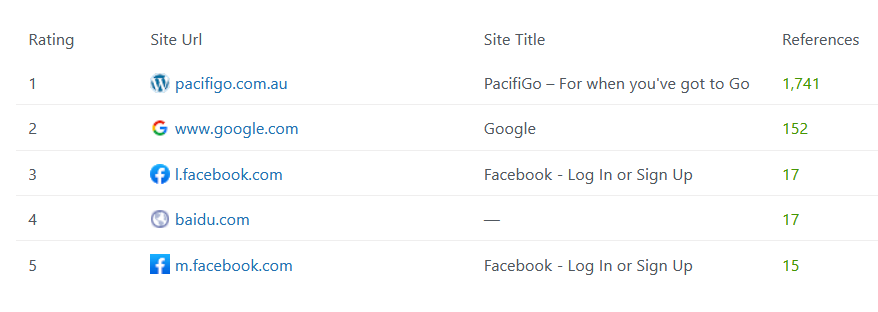Privacy Concerns Continued
So you may have seen the last post I made, where I talked about my concerns about what some have called “privacy capitalism” or “surveillance capitalism“, in which our personal data is viewed as valuable by a range of entities, most of whom do not have our best interests at heart. And as happens in an economy, if something is valuable, people figure out ways to get it, usually as cheaply as possible. While this is perfectly normal, even desirable, when we’re talking about wheat or entertainment or medicine, when it come to personal data, there’s another element – the desires for the data inherently conflict with desires of us to control our data (ie privacy).
Don’t worry, I’m not going to go off on an anti-capitalist or anti-technology screed. I’m very much a supporter of capitalism (even as I recognise the flaws in how we currently do it, I do believe those problems are fixable) and technology is at worst a qualified good for humanity.
But I do think this conflict – between groups wanting our data and us wanting to control our own data – eventually forces us to make certain choices. And what choice is right or wrong is inevitably going to be very individual. But for me personally, I think the situation has reached the point where I’m not sure I can in clear conscience continue to support the groups that engage in such (to me) unethical business and social practices and manipulations. Facebook’s privacy invasions even of people who don’t use it are extremely well known at this point. The spread of misinformation on TikTok, YouTube, Instagram, WhatsApp is old news. The negative effects on both individuals and groups are extremely well established and documented – and I’m not just talking mental or social effects either, it’s physically bad for you.
However, it’s not that simple, is it? Network effects are, as they say, a hell of a drug. You have to go where the people are, either for social interaction or business. The telegraph was a fine telecommunications system, but if everyone is using a telephone, its virtues are kind of irrelevant, aren’t they? A lot of the promotion for PacifiGo happens on our Facebook page, and I’d estimate about half of direct customer interactions happen through that page – and Facebook is the second most common referral site over the last 30 days after Google. That said, both of those combined are less than 10% of the people who accessed the page directly during the same time, so maybe I’m over-reaching on that metric. And a lot of people who are interested in getting go equipment often search for information in go groups on social media like Facebook.

So, it’s a hard question.
For now, what I’m going to do is a middle ground. I’m going to stop using Facebook for personal stuff as much as possible, and try to encourage my friends to use other methods to contact me. I’m going to keep the business page up for now, but check it less often, and try to measure how people contact me over the next, say, two months, and make decisions based on that.
So that’s where I’m at. What’s your relationship to social media? Have you cut it out entirely? Drastically reduced it? Did you never sign up entirely? How did you discover PacifiGo or the communities you’re a part of? Data is always welcome, but especially on this topic!